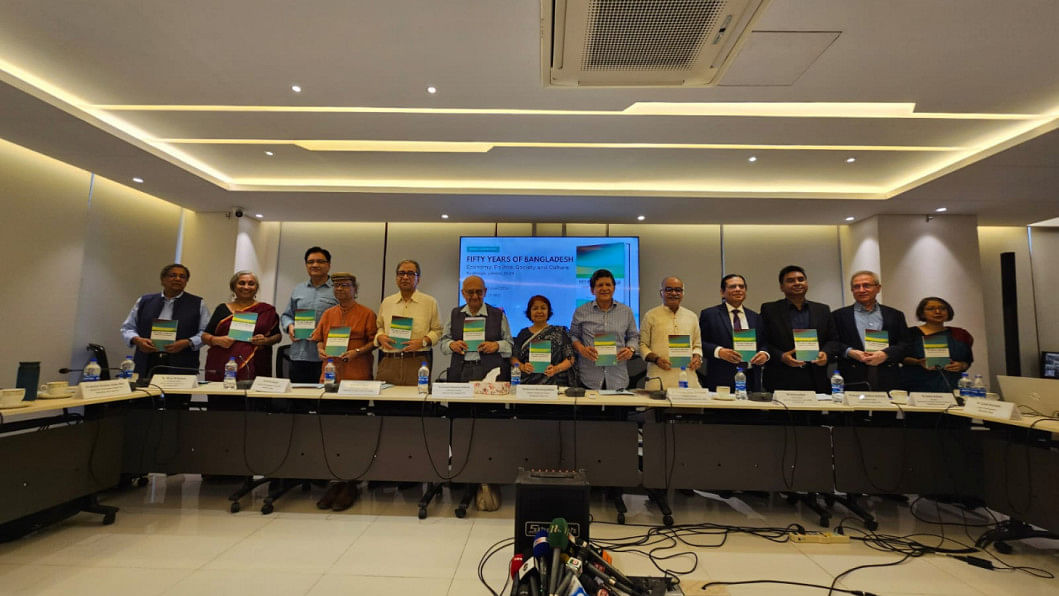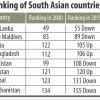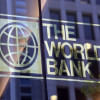‘Farmer, RMG workers, migrants main drivers of Bangladesh economy in first 50 years’

Farmers, industrial workers especially garment workers and Bangladeshi migrants working abroad were the main drivers of economic development of Bangladesh in the first 50 years of independence of the nation, economists said.
However, their contribution to the growth will not remain the same in the coming years' growth trajectory, they said in a book titled "Fifty years of Bangladesh: economy, politics, society and culture," launched today at a programme at the Centre for Policy Dialogue (CPD) in Dhaka.
The book, published by Routledge of London in November 2023, portrays the multi-faceted dimensions of Bangladesh's development journey, its economic and social transformation and political and cultural contestations.
The book presents new empirical data supplemented with critical analysis of processes, actors and actions that have been the drivers of Bangladesh's transformation.
Organised in six sections, the book provides a multi-disciplinary, holistic and interrelated narrative of the Bangladesh story.
At the launch today, Selim Raihan, executive director of the South Asian Network of Economic Modelling and one of the writers of the book, said the economy grew when institutional weakness rose and regulatory standard deteriorated.
The concern for the future is the existing stable corruption and anti-reform coalition.
To solve them, a political consensus is necessary, he added.
No miracle was happened behind the economic growth of Bangladesh. Moreover, it was a labour who played the major role to achieve the GDP growth, said Rizwanul Islam, a former special adviser on employment sector at the International Labour Office in Geneva.
With the help of high productive rice seed, the agricultural sector played a big role in the high gross domestic product growth.
The revolution has taken place silently, he said, adding that industrial workers and remittances sent by migrant workers from abroad played the key role.
Prof Rehman Sobhan, chairman of the CPD; Hossain Zillur Rahman, executive chairman of the Power and Participation Research Centre; Mustafizur Rahman, a distinguished fellow of the CPD, and Zahid Hussain, a former lead economist of the World Bank's Dhaka office, also talked at the event.

 For all latest news, follow The Daily Star's Google News channel.
For all latest news, follow The Daily Star's Google News channel. 








Comments